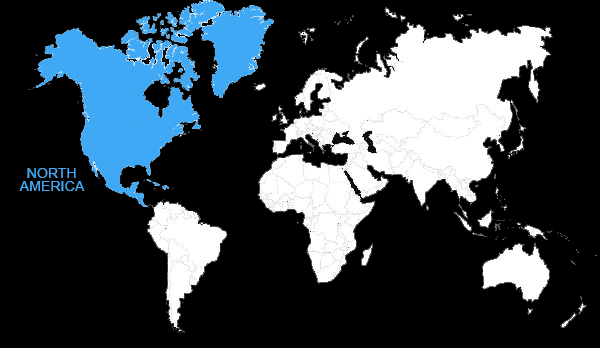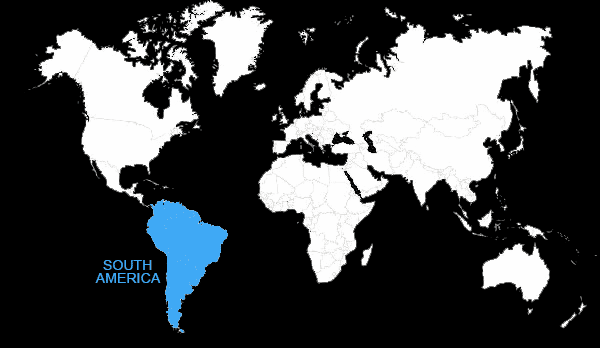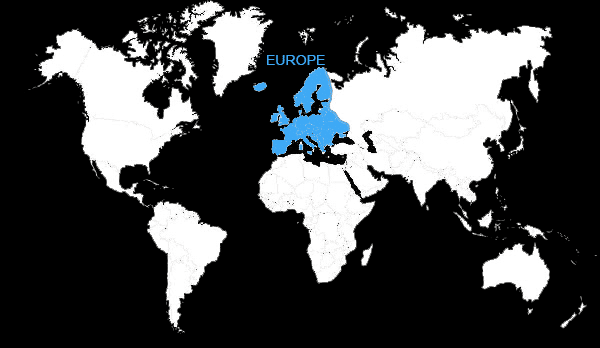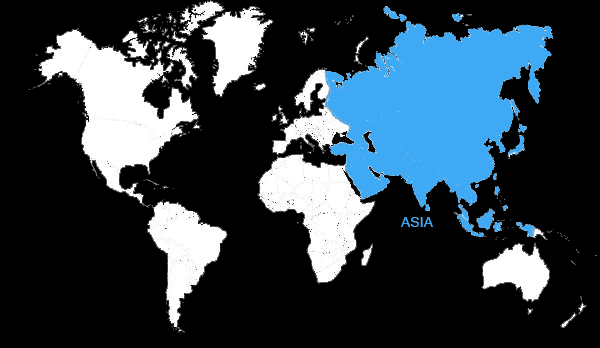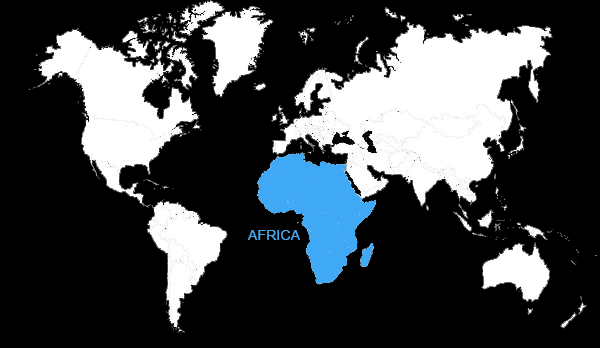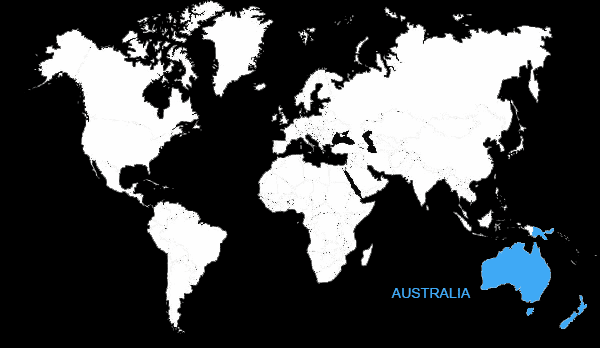Motherwell FC Tryouts
Motherwell FC is a Scottish professional football club based in Motherwell, North Lanarkshire, Scotland. The club currently plays in the Scottish Premiership, the country’s highest football league in Scotland.

Motherwell FC Youth Development System
The Motherwell FC academy serves to help the club continue in its quest to identify and recruit young players of outstanding potential, that can then be nurtured through the ranks to become part of the first team squad.
Motherwell FC Academy
Headed up by the club’s record appearance holder, Steven Hammell, and supported by a coaching staff full of experience, our number one aim is to develop players who will progress and one day play for the first team.
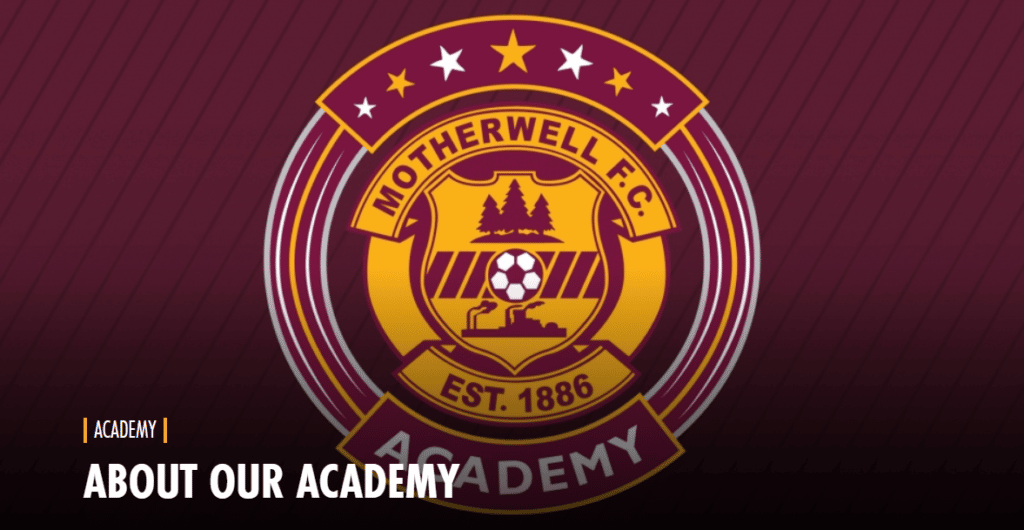
Players who do not achieve this will hopefully have benefitted from attending the academy in a number of ways. These players will have been exposed to an experience and a lifestyle which will benefit and prepare them for whatever life path they choose.
We have a responsibility to develop potential young players, both technically and personally, in a challenging, safe and supportive environment. Here, they can develop and express themselves along the pathway to their personal goal.
We aim to create a football academy which is attractive to players, parents and coaches. It is professionally run, informative and has professional, friendly and approachable staff which players and parents can relate to.
Players participating in our system will be treated fairly and respectfully, and given advice in a manner which will produce young people and footballers we can be proud of.
We look forward to working with all players identified from our talent/scout network in conjunction with our junior games programme.
Motherwell FC Academy School
As part of the Scottish FA’s Performance Strategy, seven schools throughout the country were selected to operating programmes to develop the cream of Scotland’s talented young footballers.
The main idea is to marry football education with the normal curriculum, as part of the Scottish FA’s commitment to talented player development.
One of those schools selected was Braidhurst Academy in Forgewood, a site the sits just two miles from Fir Park.
Around the same time as the Scottish FA launched the Performance Schools project, Motherwell teamed up with North Lanarkshire Council to base our elite academy at the school.
The Motherwell academy boasts its own changing pavilion, with numerous dressing rooms and shower facilities. The facility has one full-size, fully enclosed artificial pitch and a full-size grass pitch, as well as meeting rooms, offices, a learning facility and an analysis room.
Motherwell FC Recruitment Trials
We have a network of scouts covering Lanarkshire and bordering regions who are constantly on the lookout for talented young footballers.
This is through local boys clubs, leagues and festivals, school football and regional school select squads, as well as the clubs own community programme.
JUNIOR ACADEMY (7-9 YEAR OLDS)
Motherwell FC is committed to identifying potential future Academy players as young as possible.
This is achieved by identifying and recruiting talented footballers aged 7/8/9 years from local boys clubs, school football and recommendations from our designated Liason coach attached to the clubs community programme and putting them into a structured programme that gives them the coaching and support they need to maximise their potential.
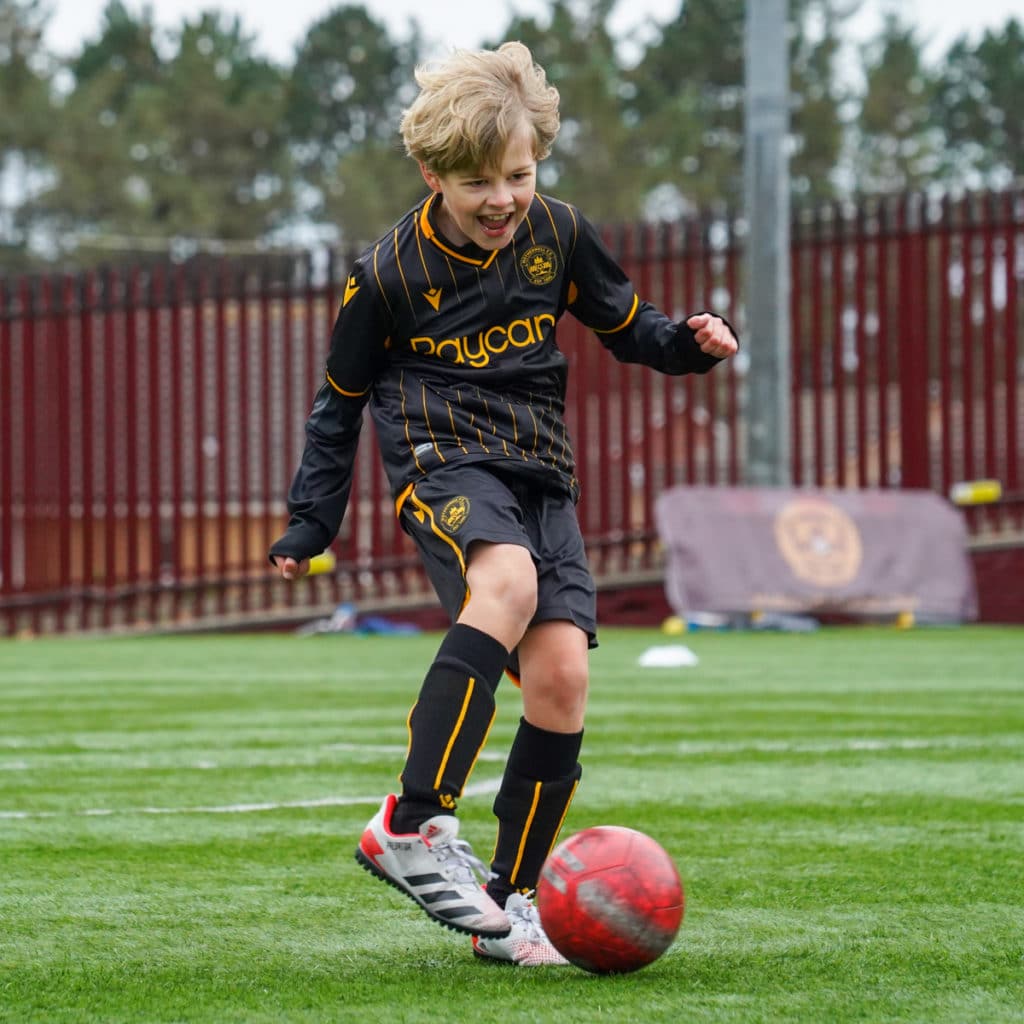
The Junior Academy offers no guarantees that players will progress to the Academy however it is confident that every player involved will benefit from the coaching and improve their ability and understanding of the game.
SENIOR ACADEMY (10-17 YEAR OLDS)
Scouting continues at the older age groups as we understand that boys can develop at a different pace.
Players identified at these age groups are invited in for a trial period with their relevant Academy squad. If the trial goes well and the player impresses the Academy Coaching and Recruitment staff then he will be offered a Pro Youth contract and join the Academy squad.
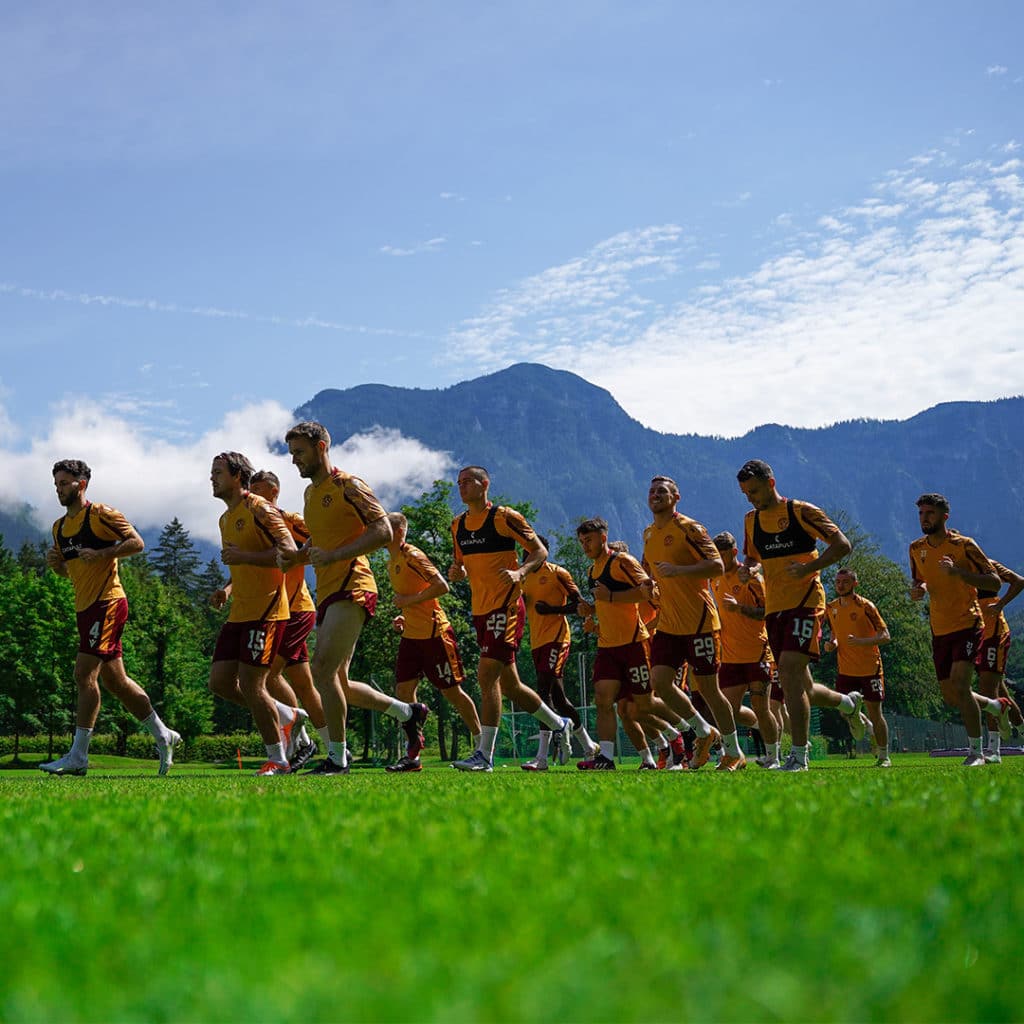
EXPLORE MORE CLUBS!
Explore more professional clubs by continent.
Motherwell FC History
On May 17, 1886, representatives of the two main Motherwell works teams, Glencairn FC and Alpha FC, met in Ballie’s pub on Merry Street in the town, and decided to merge the two teams with the intention of creating a club that would represent the town as a whole at a higher level of footballing competition. This meeting marked the beginning of Motherwell FC. The victory over Hamilton Academical in Motherwell’s first game turned out to be a successful one for the team, as they won 3–2.
The early years of the club were marked by some degree of disarray because there was not much in the way of consistent competition for the members to participate in. Additionally, matches would frequently begin with an insufficient number of players because the men had trouble getting off work on time from the nearby ironworks. On August 5, 1893, the decision was made to turn professional, and as a result, the club was voted to the league. At the time, they were the only team from Lanarkshire to compete at a national level.
The club had played its games at a variety of locations up until 1895, including a location at Roman Road and Dalziel Park, amongst others.
It was determined that the short pitch and muddy conditions at Dalziel Park were inappropriate, therefore Lord Hamilton agreed to lease a parcel of land on the Dalzell estate. This new pitch, which was given the name Fir Park, has served as the club’s home for more than a century and a half.
The club continued to flourish in the years that followed, culminating in the appointment of John “Sailor” Hunter as its first and, to this day, longest-serving manager. Hunter would go on to lead the club during its most successful era.
It was decided in 1913 to switch the club’s colors from blue to the now-iconic combination of claret and amber, which had previously been used. It is believed that this was motivated by the achievements of Bradford City, who also play in claret and amber, while a more romantic account of the events suggests that these colors were Lord Hamilton of Dalzell’s racing colors.
As a result of John Hunter’s management, Motherwell had a prosperous time in the years immediately following World War I. The team finished in third place during the 1919–20 season, and although coming perilously close to being demoted in the 1924–25 season, they progressively climbed the table and had seven consecutive seasons in which they finished in the top three.
The club had a very successful tour of Spain in the summer of 1927, winning six of the eight games they played and only losing one of them. The tour took place over that summer. These results included a decisive victory against Real Madrid by the score of 3–1 and a draw with Barcelona by the score of 2–2. After achieving such great success in Spain, the team decided to continue their summer tour by heading to South America. The final game of the tour was a 5–0 loss to a Brazilian League Select side. Prior to this game, the team had only lost three of their previous 10 games.
Willie MacFadyen, who remains to this day the record holder for most goals scored in a single season and one of the club’s all-time top goalscorers with 251 goals, scored a record 52 of Motherwell’s 119 goals during the 1931–32 season, when the club won its first (and to this day, only) Scottish League championship. This victory came with 30 wins in 38 matches, a total of 119 goals scored, and a record 52 goals scored by
On April 23, 1932, the championship was decided when Rangers were only able to earn a draw at home against Clyde. This result gave Motherwell the championship without them ever having to play a game for it.
This was also the only time that a club from outside the Old Firm was able to win the League title between the years 1904 and 1947. Well finished in second place in the league in the two seasons that followed their league championship win (1933–1934 and 1934–1935), just like they had done in 1926–1927 and 1929–1930. They also competed in the finals of the Scottish Cup three times during this time period, in 1931, 1933, and 1939, but were unsuccessful each time.
After the end of World War II, the team was disbanded, and the club did not see immediate success as a result. After that, it won the finals of both the Scottish League Cup in 1950 and the Scottish Cup in 1952, which allowed it to take home two major trophies in such a short amount of time. After that, at the end of the 1952–1953 season, the club was demoted for the very first time in its history; nevertheless, the team was promoted the following year.
After the team won promotion back to the First Division, Bobby Ancell became the club’s manager in 1955 and presided over an era in which several highly regarded stars from Scotland, such as Ian St. John and Charlie Aitken, played for the team. Bobby Ancell was responsible for the club’s return to the First Division.
Despite this, Motherwell were unable to maintain their assets, and Ancell’s tenure did not result in the acquisition of any trophies. His departure came in 1965, in the midst of a decline in form that would ultimately lead to the club’s redemotion to the Second Division at the end of the 1967–1968 season.
In 1969, Motherwell was promptly promoted back to the First Division, where they remained in a position in the middle of the table. During the 1975–1976 season, the 18-team First Division was replaced by a new 10-team Premier League, and at the time, they were managed by Willie McLean and his assistant Craig Brown. At the time, the First Division had been overtaken by the Premier League (who would become manager almost 35 years later). With the help of players like Bobby Graham, Willie Pettigrew, and Bobby Watson, Motherwell was able to move up to fourth place in the table when they were in charge of the team. The most impressive cup run that they had during that time was in the 1975-1976 Scottish Cup, in which they beat Celtic but were ultimately ousted by Rangers in the semi-finals.
The early 1980s saw the club experience both relegation to what is now known as the First Division and promotion back to the Premier League. This was followed by a decade of management by Tommy McLean (brother of Willie), which culminated in the club winning the Scottish Cup in 1991. However, Scotland internationalist Tom Boyd was sold over the offseason following the cup win, which was quite similar to what happened during the Ancell era. The team’s performance in the Premier League declined for a period of two years before returning to its previous level immediately after the acquisition of Paul Lambert, when it finished third in the league in 1993–1994 and second in the league in 1994–1995 respectively. Since the 1933–1934 season, the club has not finished higher than second place until 1995.
The majority of Tommy McLean’s team disbanded after he moved to Hearts in 1994, which resulted in a significant transfer fee being paid by Celtic for the acquisition of Phil O’Donnell. While the club went through a series of managers, including Alex McLeish and Harri Kampman, a significant portion of this money was invested back into the team’s roster. At this point, in August of 1998, John Boyle bought the club from John Chapman and took over as the owner. It was decided to hire Billy Davies as the new manager, and significant transfer amounts were shelled out in order to get notable players such as former Scotland internationals John Spencer and Andy Goram. Despite the expenditure, however, there were no results to show for it on the field.
By the time Davies left his position, the club was in a precarious financial position. Before the club was put into administration in April 2002 with losses approaching 2 million GBP annually, Eric Black was temporarily in command during a period in which it floundered around the bottom of the table. During that time, the club was led by Eric Black. After submitting his resignation, Black was succeeded by Terry Butcher. The prognosis for the club remained gloomy as they were forced to let 19 players go or make them redundant and replace them with younger players. Boyle also put the club up for sale, which added insult to injury. In the 2002–03 season, relegation, which is generally immediate after finishing in bottom place in the league, was averted on a technicality. This was because the First Division winners, Falkirk, lacked a stadium that met the requirements of the Premier League.
In spite of the lack of resources, a number of young and talented players were found to play for the club; critically, when many of these moved on, including Stephen Pearson and James McFadden, they brought revenue in the form of transfer fees; and with John Boyle waiving the club’s personal debt to him, its financial future was assured by the conclusion of the 2004–05 season with the club’s yearly losses falling to one of the lowest figures in the Premier League and the club being able to
The team was able to compete on the field and make it all the way to the League Cup final, but they ended up losing to Rangers by a wide margin. At the conclusion of the 2005–2006 season, Butcher left for Sydney, and his assistant Maurice Malpas was promoted to take over as head coach. Malpas resigned from his position with the club in May 2007, after having served there for just one season. Mark McGhee was selected as the permanent manager of the company after a brief stint in which Scott Leitch served in an interim capacity. In his first season as manager, McGhee led the club to a third-place finish in the league. As a result, they qualified for the UEFA Cup for the first time in thirteen years, however they were eliminated by the French team AS Nancy by a score of 3-0 over the course of both games. In June of 2009, Mark McGhee resigned from his managerial post at Motherwell to take the open position at Aberdeen, where he was succeeded by Jim Gannon. When Gannon stepped down, former Scotland manager Craig Brown was promoted to take his place.
Brown’s contributions helped the club finish fifth in the Scottish Premier League and earn a spot in Europe. The team competed in the Europa League during the 2010–2011 season and won their games against Breidablik and Aalesunds. However, they were eliminated from the competition after losing in the play-off round to Odense, which prevented them from advancing to the group stage of the competition. On December 10, 2010, Brown departed for Aberdeen, leaving Motherwell behind. The position of his replacement has been given to Stuart McCall. The club made it all the way to the final of the Scottish Cup this season, however they lost to Celtic by a score of 3-0.
Motherwell made their debut in the Champions League qualifying rounds during the 2011–12 campaign. This achievement was a first for the club. They came in third place, which was one slot below than the normally allotted berths for the Scottish Premier League in the Champions League. However, the club was given a berth because the club that had finished ahead of them, Rangers, went bankrupt and was barred by UEFA from participating in any European competitions after that. Motherwell were given Panathanaikos as their opponent in the third qualification round of the Champions League. Panathanaikos are considered to be one of the strongest teams in Greece. This resulted in dissatisfaction for Motherwell, who were eliminated after suffering defeats at home (2–0) and on the road (3–0). The team achieved an even higher level of success in the Scottish Premier League during the 2012–13 season, finishing in second place in the table and qualifying for the Europa League once more. In addition to that, striker Michael Higdon was awarded the title of Players’ Player of the Year by the PFA Scotland. The PFA Scotland Team of the Year included goalkeeper Darren Randolph, defender Shaun Hutchinson, and midfielder Nicky Law. This is the second consecutive year that Randolph has won the award.
In June of 2013, the European Club Association welcomed Motherwell as the fifth Scottish club to become a member of the Association. Motherwell was awarded associate membership in the Association. Following the club’s repeated qualification for European competition between the years 2008 and 2013, an invitation to join was sent to the club. Motherwell was eliminated from the Europa League in the third qualifying round during the 2013–14 campaign by a team from Russia called Kuban Krasnodar by a score of 3-0 on aggregate. Jack Leitch, then 19 years old, scored the game-winning goal for Motherwell in the 54th minute of their match against Hamilton Academical, which helped Motherwell win their 40th Lanarkshire cup on January 22, 2014. Motherwell scored a thrilling game-winning goal in the 93rd minute of their match against Aberdeen on the final day of the 2013–14 Scottish Premiership season. As a result, Motherwell leapfrogged Aberdeen to finish in second place in the league for the second consecutive season. European football was provided for the sixth time in seven seasons, with a record points total, despite the fact that one of the top six teams gave up the most goals (60). (70). Also during same season, Albion Rovers, who were located nearby in Lanarkshire and were playing in Scottish League Two at the time, handed the team its first ever defeat in a competitive game by winning 1-0 in the Scottish Cup. At the time, the team was in third-to-last place.
In spite of the fact that they had won their previous three league campaigns in a row, Motherwell got off to a shaky start in the 2014–15 Scottish Premiership season, which finally resulted in the departure of manager Stuart McCall on November 2, 2014.
Motherwell were ultimately relegated to a berth in the Scottish Premiership relegation play-offs after suffering a loss at St. Mirren in the penultimate league match of the 2014–15 season. This occurred despite the fact that Ian Baraclough was hired as the club’s manager in December of 2014. Motherwell competed against Rangers in the relegation play-off finals in the 2014–2015 season. Motherwell prevailed with a score of 1–3 to take the lead after the first match, which took place at Rangers’ home stadium, Ibrox Stadium. Motherwell’s victory in the second leg ensured that they would remain in the first league. The final score was 3–0. Motherwell fired manager Ian Baraclough on September 23, 2015, therefore ending their time together. Mark McGhee was fired in March 2017 following a string of unsuccessful performances after returning to the team in October 2015.
The arrangement between the fans club Well Society and Les Hutchison to purchase Motherwell for £1 was finalized on October 28, 2016, becoming Motherwell a fan-owned team.
The contract of Manager Stephen Robinson was extended on October 13, 2017, and it will now last until May of 2020. Robinson handed in his resignation as manager on the 31st of December, 2020, and Keith Lasley took over in an interim capacity.

